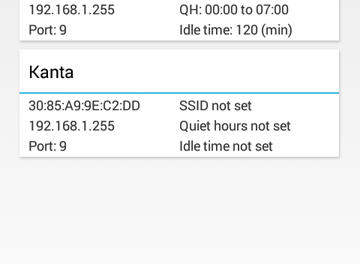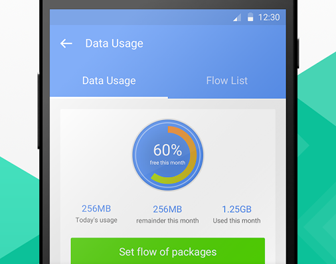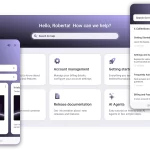WordPress is mainly responsible for more than 43% of internet traffic. The platform’s community support, flexibility and adaptability, and selection of multiple themes and plugins make it one of the top choices for business owners and bloggers all over the globe.
Below are 10 WordPress practical suggestions to help you take your site to the next level.
Select Quick WordPress Web Hosting
The importance of web hosting in ensuring your success cannot be overstated. Before choosing a hosting provider, ensure it has enough resources to handle your site traffic and avoid crashes and downtime. Most importantly, it should provide you with fast site speeds. Your website should load in two to three seconds at the most. Anything above that could result in skyrocketing bounce rates.
Set up an SEO Plugin
WordPress is acknowledged for its SEO friendliness. As a result, you may primarily believe that you no longer require an add-on to improve SEO. Installing an SEO plugin, on the other hand, is a great way to optimize your website for SEO and make it rank higher on search engine SERPs.
Google Analytics Can Help You Track the Success of Your Website
You can directly add Google analytics code to your site by going to the ‘Admin panel,’ selecting settings,’ and then ‘Google Analytics.’ You can paste the code here. Also, keep in mind that you might require to verify ownership of your site for this to work. Alternatively, you can use the tool with plugins and widgets.
Choose Your WordPress Theme with Caution
With so many free and premium themes available in the market, don’t rush to find your ideal theme. Because each business is unique, so should its theme. You must select a theme that meets your company’s requirements and includes the following features:
- SEO-friendly
- A responsive theme
- Secure
- Quick and light
- Plugin and extension support
- Attractive appearance
Purchase an SSL Certificate
Procuring an SSL (Secure Sockets Layer) certificate is an excellent way to increase the trustworthiness of your website and instil trust in site visitors. SSL is a type of encryption. Encrypting the connection between browsers and relevant web pages to protect users is an essential factor. If you use an SSL certificate, your URL will change from HTTP to HTTPS. This certificate informs visitors that their connection to your site is secure, boosting brand trust, increasing page views, and decreasing bounce rates.
Final Summary
Aside from the tips mentioned above, don’t forget to regularly update your site with new content. Because Google favours the most active sites, add three to four blog posts per week.






















